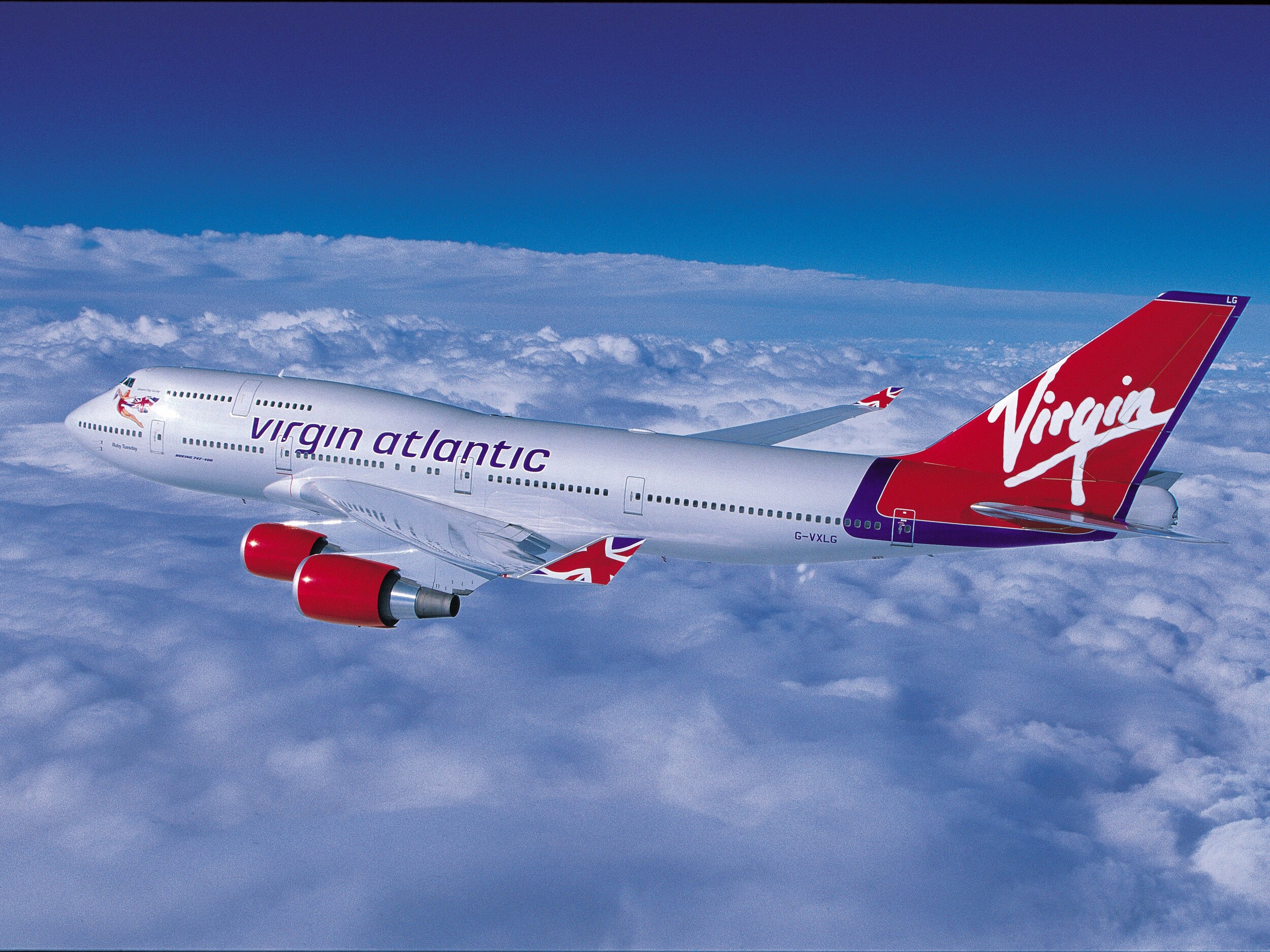Virgin Atlantic rescue: do the sums add up?
Rumoured £900m rescue package for Virgin Atlantic
Airlines worldwide have been scrambling to shore up their finances in the face of the COVID-19 tsunami that has engulfed the industry.
Back in April, Virgin Atlantic was one of the first to appeal for government aid, going cap in hand to the UK government for £500m of assistance. With Virgin Atlantic jointly owned by Delta, the biggest and richest airline in the world and Richard Branson, one of the world’s richest men, it wasn’t a good look.
Understandably, the UK government pushed back. They said they would only consider helping once Virgin Atlantic had demonstrated that they had fully exhausted all private sources of financing.
Three months later, we are approaching the moment of truth. Virgin have been in lengthy discussions with their shareholders, private equity groups and presumably also the UK government, reportedly seeking a £900m rescue package. So what kind of shape was Virgin in going into this crisis?
Pre crisis results
The last disclosed accounts are for the financial year ending December 2018. On the face of it, they showed a respectable level of cash at £489m. However, 20% of the cash was “restricted”, meaning that it wasn’t freely accessible and so couldn’t be used in a crisis. Unrestricted cash of £392m was well below the £620m of “deferred revenue on air travel and tour operations” shown on their balance sheet. That means that they didn’t have the cash required to refund customers if they had to cancel flights and holidays, something that any customer trying to claim a refund in recent times will know all too well.
Profitability was also signalling trouble ahead. In a year where arch rival British Airways made operating margins of 15%, Virgin Atlantic couldn’t even manage to break even, with an operating loss equal to 0.5% of revenues.
2018 is a long time ago, so what did the 2019 accounts show? We still don’t know. Virgin traditionally filed their accounts in April, but last year started dragging their feet and waited until July 3rd. 2019 was another strong year for British Airways, with operating margins of 14.5%. Something tells me that if the Virgin accounts show a return to profitability and an improving balance sheet, we would have seen them before now.
Burn baby, burn
British Airways is said to be burning £178m of cash a week. Virgin has not given any guidance on its cash burn rate, but in normal times its cash costs are about 25% of those of its larger rival. That suggests cash burn of about £45m a week. With the airline industry now having been grounded for about 15 weeks, that suggests it will have burnt £675m of cash. Even if things are somewhat better than that, it must be the case that Virgin has burnt through all of its cash and has a large stack of unpaid invoices and un-refunded customers on top.
£900m rescue package
There has been much written about the impending £900m rescue package and where it will come from. Reading between the lines of the reports, I’d guess the make up of the package will look something like this:
| £m | ||
|---|---|---|
| Branson / Virgin Group | New equity | 200 |
| 1 year of brand licence fees | 20 | |
| Delta | Outstanding JV payment | 160 |
| 1 year of services fees | 70 | |
| New private equity debt | 250 | |
| Lessors / other suppliers | 200 | |
| Total | 900 |
Of this total, only £450m would actually be new cash (private equity debt and Virgin Group equity). The rest is either deferral or waiver of unpaid invoices or very near term costs.
There is also talk of “freeing up £250m of credit card cash”. Remember that £200m+ gap between Virgin’s unrestricted cash and the customer money they were sitting on? Well that is what this item is related to. If Virgin customers are due refunds and Virgin doesn’t have the cash to pay, it is the credit card companies that are on the hook. So all this means is that if the restructuring goes forward, the first £250m of cash from new bookings won’t be withheld by the credit card companies, as would otherwise be the case. It is not new money.
So if this restructuring goes ahead, where will that leave Virgin? I think the best case scenario is that this deal will really only put them back into the same cash position as they were at before the crisis. Given that they didn’t make money in the pre crisis world, I really can’t see how this is anywhere near enough money to see them through the crisis, which is far from over.
UK government to the rescue?
Maybe the “£900m private money“ headline will be enough to provide cover for the UK government to stump up equity, debt or guarantees on the several hundred millions of additional financing that are likely to be required to see Virgin through the losses it will incur during the rest of 2020.
The big question which nobody seems to have answered yet is how a business that consistently lost money in the boom years is suddenly going to become viable and able to repay its debts in the much more difficult post COVID world.
I guess that is a question for another day.

